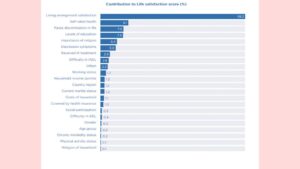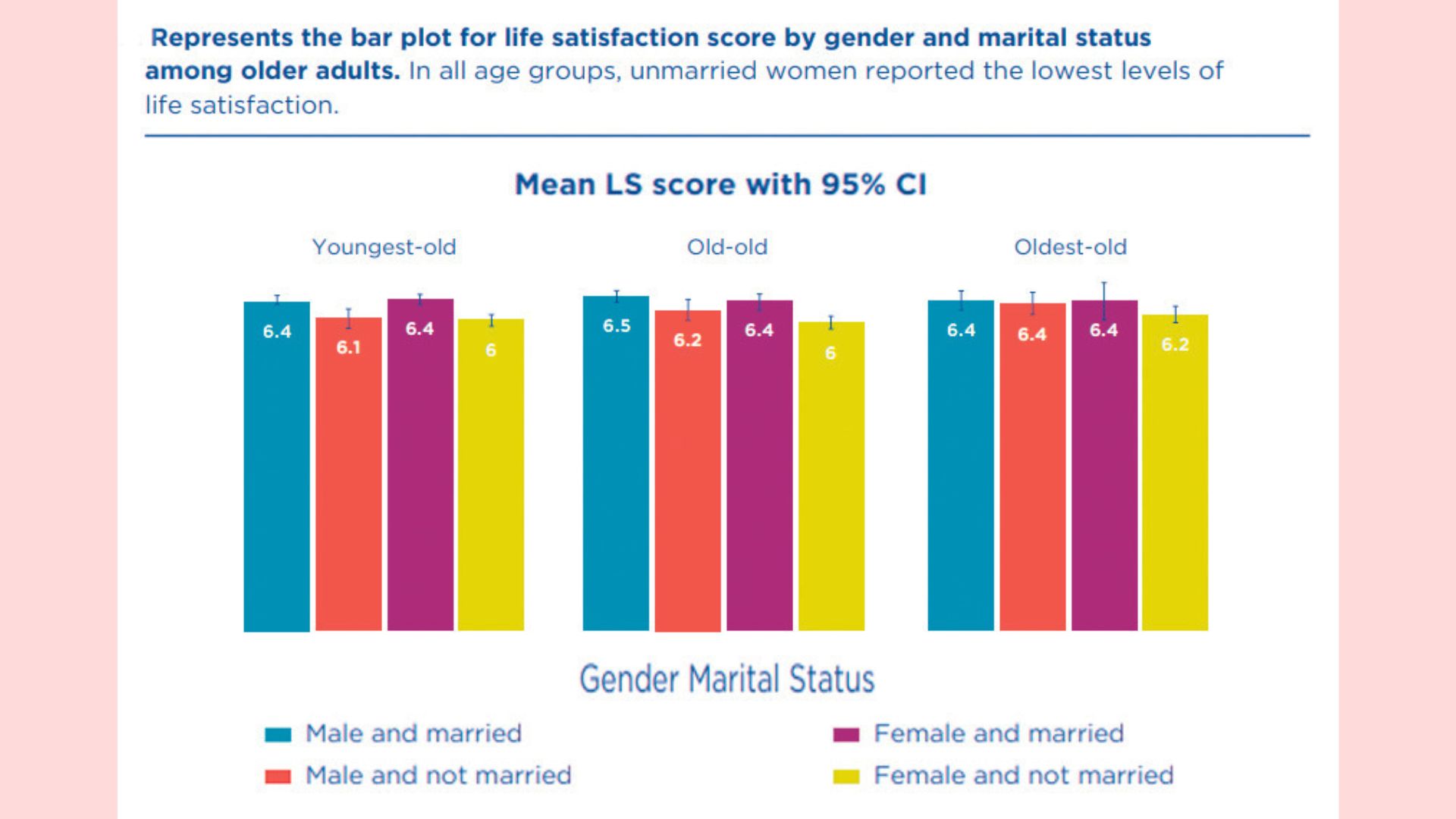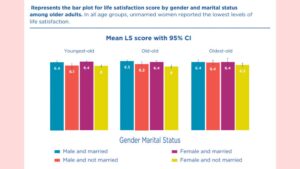The 2024 edition of the World Happiness Report has been unveiled, revealing Finland as the world’s happiest country for the seventh consecutive year. In stark contrast, India secured the 126th position out of the 143 countries included in the ranking.
This annual report offers a comprehensive assessment of happiness levels across more than 140 nations, taking into account various factors such as social support, income, health, freedom, generosity, and the prevalence of corruption. The data utilized in this evaluation is drawn from diverse sources, including the Gallup World Poll.
Published annually in commemoration of the International Day of Happiness on March 20, the report is a collaborative effort involving esteemed organizations such as the UN Sustainable Development Solutions Network, Gallup, and the Oxford Wellbeing Research Centre. Through its rigorous analysis and insightful findings, the World Happiness Report serves as a valuable tool for understanding and promoting global happiness and well-being.
India remained at 126th position, the same as last year
India maintained its position at 126th place in the latest World Happiness Report, consistent with its ranking from the previous year. Notably, all of India’s neighbouring countries secured higher rankings, with China at 60th place, followed by Nepal (93), Pakistan (108), Myanmar (118), Sri Lanka (128), and Bangladesh (129).
Life satisfaction among Indians
One intriguing finding from the report is that older individuals in India reported higher life satisfaction compared to their counterparts in many low- and middle-income countries, challenging the notion that such satisfaction is exclusive to high-income nations.
Additionally, the report highlights that, on average, older men in India tend to report higher life satisfaction than older women. However, upon considering various factors, it was found that older women actually reported greater overall life satisfaction than men.
According to the report, life satisfaction stands out as the most reliable gauge of quality of life, representing an individual’s subjective evaluation of their overall life experience. “While participants often assess their current quality of life, life satisfaction in later stages can serve as a metric to gauge the overall success of one’s life journey. Older adults who report higher life satisfaction tend to adopt healthier behaviours, leading to improved overall health outcomes,” the report explained.
In terms of intergenerational comparison, the report noted: “Individuals born before 1965 generally exhibit higher average levels of happiness compared to those born after 1980. Among Millennials, self-assessment of life tends to decline with each passing year, whereas, among Baby Boomers, life satisfaction tends to increase with age.”
The study examined various aspects of life, including age, gender, social connections, community involvement, living conditions, educational attainment, income level, caste, religion, health habits, medical conditions, and healthcare access, all of which can influence satisfaction levels in later life.
Furthermore, researchers observed that while young people aged 15 to 24 generally report higher life satisfaction than older adults, this discrepancy is diminishing in Europe and has recently reversed in North America.
Israel ranks 5th despite war
Despite five months of war with Hamas, Israel ranked fifth in the 2024 World Happiness Report, which was released on Wednesday.
The annual report ranked the happiness of 143 countries based on life evaluation, positive emotions, and negative emotions, among other factors.
Anat Panti, a happiness policy researcher at Bar-Ilan University University in Ramat Gan, explained, “Even this year, which was one of the most difficult in the country’s history, Israel is ranked in the top five of the international happiness index.
The reason for this lies in the fact that life satisfaction, the index by which the level of happiness is measured, is a stable index over time and refers more to the characteristics of the country itself such as the strength of the economy, the degree of social involvement, and the health services in the country, than to fleeting feelings.”
Finland tops while Afghanistan remains least happy
Finland maintained its position as the happiest country for the seventh consecutive year, according to the report.
Conversely, Afghanistan remained the unhappiest country globally for another year. Alongside Afghanistan, other countries at the bottom of the list include Lebanon, Lesotho, Sierra Leone, and Congo.

TAKEAWAYS
1. Older age is correlated with higher life satisfaction in India, countering assertions that this positive association is exclusive to high-income nations.
2. While older men in India tend to report greater life satisfaction on average, further analysis reveals that older women actually exhibit higher overall life satisfaction when other factors are considered.
3. Older adults with secondary education or higher, as well as those from higher social castes, report greater life satisfaction compared to counterparts with no formal education and individuals from scheduled castes and tribes.
4. Factors such as satisfaction with living arrangements, perceived discrimination, and self-rated health emerge as the top predictors of life satisfaction among older adults in India, underscoring the multifaceted nature of well-being in this demographic.














